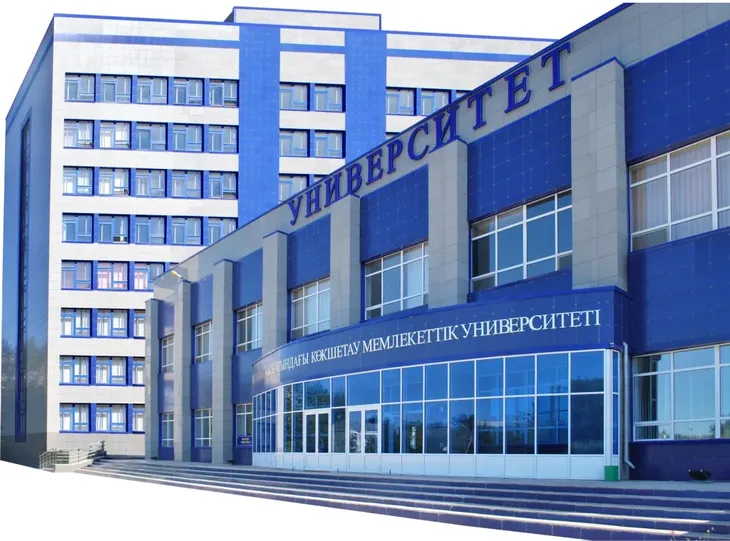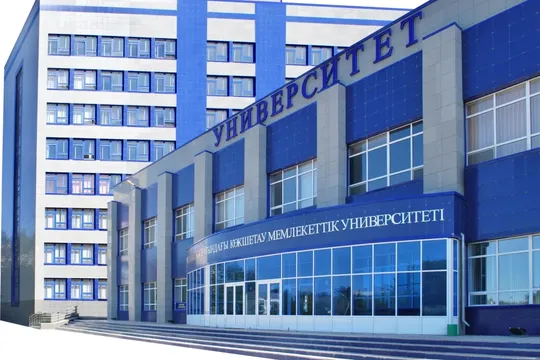Cardiology (Adult, Children's)

Educational program code
7R01101
Language of instruction
Kazakh, Russian
Learning level
Residency
Duration of study
3
Objectives of the educational program
Objectives of the educational program Training of competent and competitive specialists who meet the modern needs of the labor market to improve the quality and accessibility of cardiological care to the population.
- Electrophysiology of the heart
- Noninvasive cardiovascular imaging, pediatric
- Non-invasive cardiovascular imaging,adult
- Cardiology in the hospital: adult's 1
- Cardiology in the hospital: adult's 2
- Cardiology in the hospital: children's
- Outpatient cardiology, adult
- Cardiology outpatient, children's
- Intensive сardiology
- Interventional cardiology
- Clinical pathological anatomy
- Rehabilitation in cardiology , children's
- Rehabilitation in cardiology, adult
- Evidence-based medicine in cardiology
Learning outcomes and competencies
Patient curation:
- Formulate a clinical diagnosis, carry out differential diagnosis of patients of different ages (adults and children) with diseases of the cardiovascular system, in various situations (emergency, planned) in inpatient and outpatient settings, based on the principles of evidence-based medicine.
- Prescribeatreatment plan using the most effective methods of pharmacotherapy and interventional manipulations with an assessment of its effectiveness based on the principles of evidence-based medicine at all levels of medical care.
Communication and collaboration:
- Have the skills to effectively interact with colleagues, patients and their relatives, following the principles of medical ethics and deontology to achieve the best results for the patient.
Safety and quality:
- To carry out risk analysis and apply optimal strategies to ensure a high level of safety and quality in various situations (emergency, planned) at all levels of medical care provided to patients with pathology of the cardiovascular system.
Public health:
- Able to act within the legal and organizational framework of the healthcare system of the Republic of Kazakhstan in his specialty, work as part of interprofessional teams to implement a policy of strengthening the health of the nation;
- Provide basic emergency care to patients of different age groups (adults, children), work effectively as part of interprofessional teams.
Research:
- Formulate relevant research questions, conduct a critical assessment of professional literature, effectively use international databases in the daily practice of a cardiologist, and actively participate in the activities of research groups.
Training and development:
- Have the skills of self-study and training colleagues in a professional team using information and communication technologies, actively participate in discussions, conferences and other events that contribute to continuous professional development in cardiology practice.
